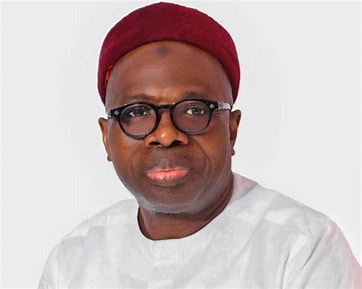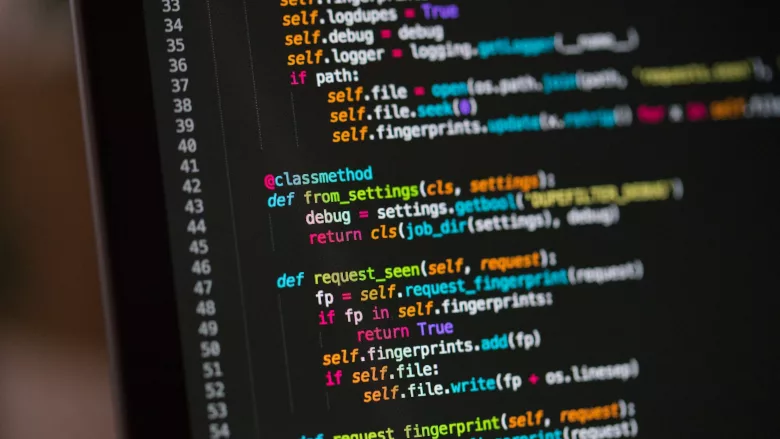
Pix: Dr.Abayomi Nurain Mumuni
Avoidable protests in Nigeria not only pose threats to security but also have significant economic consequences. These protests often lead to disruptions in daily activities, damage to property, loss of lives, and can deter investors, leading to economic instability. To avert future occurrences and mitigate these impacts, several strategies can be implemented:
1. Dialogue and Engagement: Establishing platforms for dialogue between the government, protesters, and other stakeholders can help address grievances and find peaceful resolutions. Engaging in constructive conversations can prevent escalations and foster trust between parties.
2. Improved Governance: Enhancing transparency, accountability, and good governance practices can reduce the likelihood of protests stemming from government inefficiencies, corruption, or lack of responsiveness to citizens’ needs.
3. Legislative Reforms: Strengthening legal frameworks to protect citizens’ rights, address social injustices, and ensure accountability can help prevent grievances that fuel protests. Implementing reforms to address systemic issues can help restore public trust in institutions.
4. Investment in Education and Job Creation: By investing in education and creating job opportunities, especially for the youth, governments can address underlying factors such as poverty and unemployment that often contribute to social unrest.
5. Police Reform: Enhancing the professionalism, training, and accountability of law enforcement agencies can help prevent incidents of brutality that can trigger protests. Implementing community policing initiatives can also build trust between the police and the public.
6. Social Media Regulation: While social media can be a catalyst for mobilizing protests, it can also spread misinformation and incite violence. Implementing regulations to curb the spread of fake news and hate speech can help prevent protests from escalating.
7. Conflict Resolution Mechanisms: Establishing effective conflict resolution mechanisms at the community and national levels can help address grievances before they escalate into large-scale protests. Mediation and arbitration processes can provide peaceful avenues for resolving disputes.
8. Youth Empowerment: Providing opportunities for youth engagement, empowerment, and participation in decision-making processes can help address their concerns and prevent them from resorting to protests as a means of expression.
9. Civil Society Engagement: Civil society organizations play a crucial role in advocating for citizens’ rights, monitoring government actions, and promoting accountability. Strengthening civil society engagement can help address grievances and promote peaceful solutions.
10. Media Responsibility: The media plays a significant role in shaping public opinion and can either escalate or de-escalate tensions during protests. Encouraging responsible and unbiased reporting can help prevent misinformation that fuels protests.
By implementing these strategies, Nigeria can work towards averting avoidable protests, enhancing security, and mitigating the economic consequences associated with social unrest. Collaboration between the government, civil society, the private sector, and the public is crucial to creating a peaceful and stable environment conducive to sustainable development.
Abayomi Nurain Mumuni, DBA, PhD






